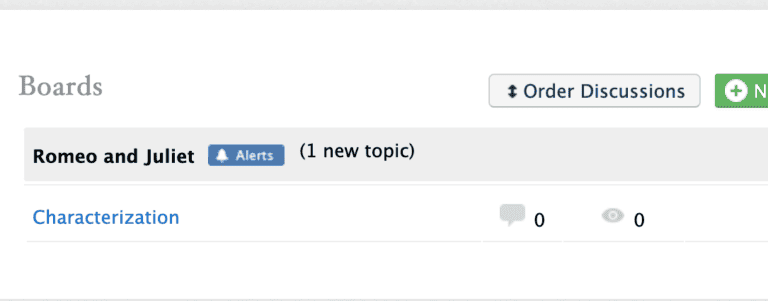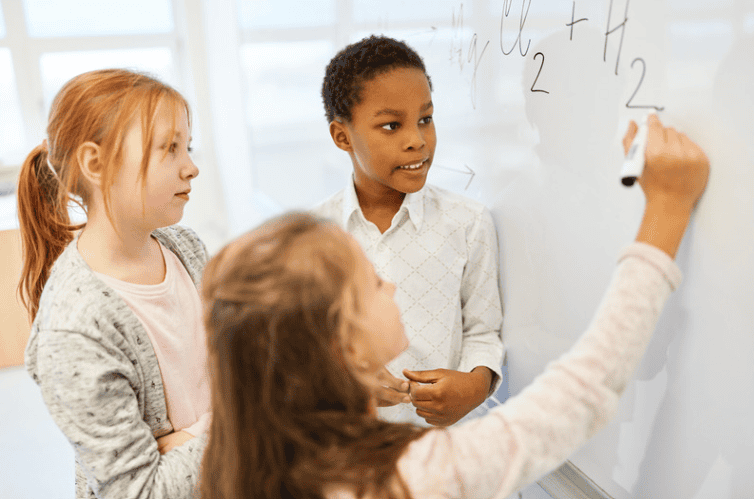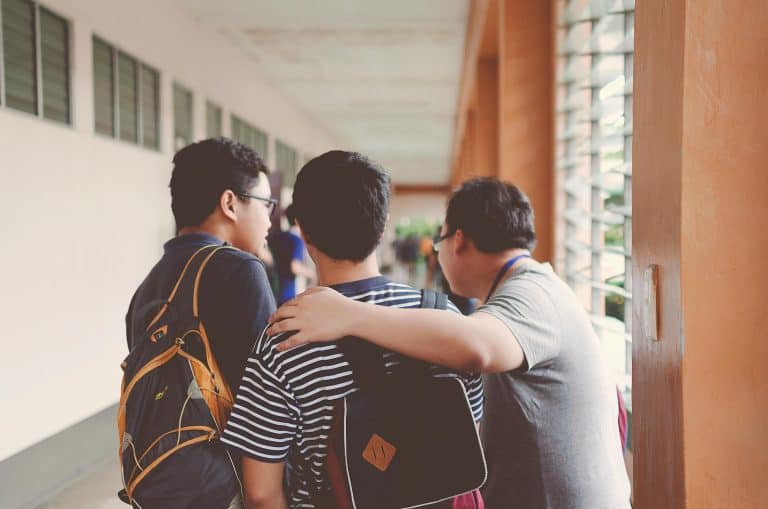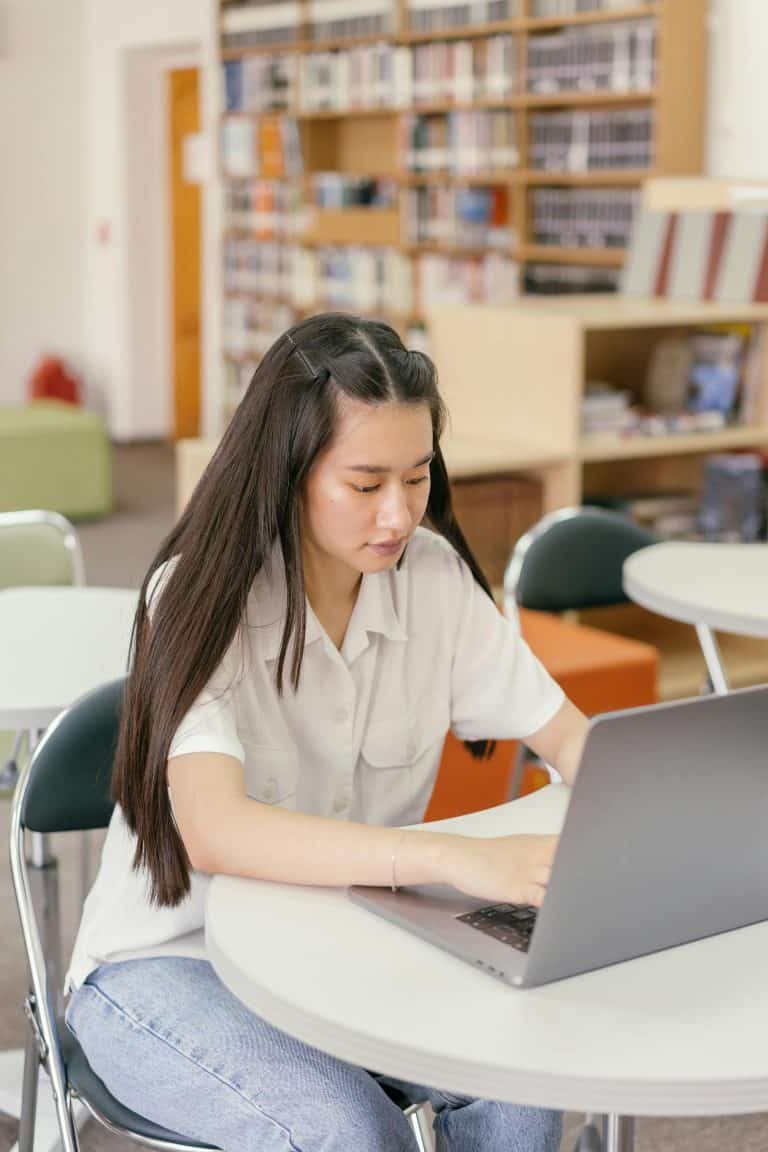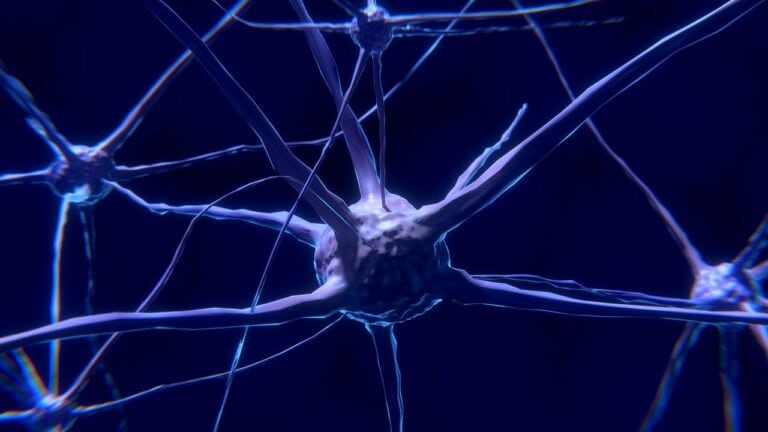Discussion Skills in the Wild
How students who would rather talk than text imagine discussion in their futures
We talk often about the “why” behind our work. We’re passionate about teaching discussion skills because we believe they define humanity – that they’re critical for success in the classroom, the cafeteria, or around the kitchen table. In our tech-centric world, conversation has become hard and scary for kids, and we see the long-term value in helping them gain the skills they need for in-person discussions, both in and outside of school.
As it turns out, the students who participate in R.E.A.L.® programming recognize this value, too.
As part of our process, we frequently survey students to gauge how R.E.A.L.® affects them in class and beyond. One question we ask is: “What is one way you think learning discussion skills will help prepare you for the “real world”?
As always, we’re blown away by the depth, honesty, and – often! – humor of our students’ responses. Here’s what current R.E.A.L.® students think.
Students believe learning discussion skills will help prepare them to land and hold future jobs.
“I think discussion skills will help me prepare for the real world because in almost any job, you will need to be able to talk and collaborate with other people and come to a common ground.” – 9th grader
“I think learning how to articulate an idea to a room full of people and have the skills to listen to differing opinions with an open mind will help prepare me for the real world and any jobs I have.” – 9th grader
“It will help me prepare if I have any presentations I need to give for a job. It will help me feel comfortable talking to others, and finding ways to support evidence.” – 10th grader
“Because a lot of time spent in the real world is working with other people, and if I can’t work with other people in the classroom, then how can I expect to be successful when working with other people in the real world?” – 9th grader
“It will help in workplace environments when you have to discuss business plans, make decisions, or discuss a company project.” – 10th grader
“I think that many real world jobs and occupations require an application of discussion and critical thinking. In a collaborative work environment, I think it is imperative that people challenge each other and offer their perspectives.” – 10th grader
“If you want to try out for president, you would’ve needed to discuss how and what you’re gonna change as President.” – 6th grader
Students see the value in learning to disagree respectfully – in class and in their futures.
“I think it prepares you by showing that not everyone will always have the same opinion as you, but that is normal. It helps you to grow by having those conversations and opens your eyes to different perspectives.” – 10th grader
“Discussion skills help prepare you for real world conversation by being able to go off other people’s ideas and disagree in a respectful manner. It could also better your ability to communicate your ideas with more clarity.” -10th grader
“I think learning discussion skills will help prepare me for the ‘real world’ by teaching me how to be able to civilly and professionally discuss things with people who disagree with what I’m saying, a skill that is definitely very useful in the ‘real world,’ because not everyone will always agree with an opinion that I have.” – 8th grader
“In discussions you are free to say whatever you believe or observe, but without attacking or bringing down others for their opinions. In the real world you will find that having these skills will be helpful in a work and home environment.” – 7th grader
“I think it is important to learn how to peacefully argue your point while still being kind towards other people.” – 7th grader
“Learning discussion skills will help me in the future with possible future jobs and relationships. In order to have a mature conversation to get to an end goal, it is important to be able to agree or disagree respectfully.” – 9th grader
Students believe learning discussion skills can help quell anxiety.
“I am riddled with anxiety, and this helps to create a safe space for me to get out of my comfort zone :D” – 10th grader
“Discussion skills can help you get over your fear of public speaking or asking questions in front of a ‘crowd’ and get out of your comfort zone, and get over the embarrassment or fear.” – 10th grader
“It will help you start a conversation with people, but it could also help when you are scared to speak up in a big group of people. With learning discussion skills you might be more comfortable speaking up in a larger group of people.” – 8th grader
“By helping us share our opinions with others, even if they differ from the other people’s. It helps us get over that fear of being different.” – 8th grader
“It will help me by saying my opinion and not feeling embarrassed if I do or say something wrong.” – 8th grader
“I think it will help me with social anxiety.” – 7th grader
“Discussion skills will help me in my adult life, because I need to know how to properly communicate with someone without feeling anxious or unheard.” -10th grader
Students believe learning discussion skills can help them assert themselves.
“Learning discussion skills will lead to having intelligent conversations in the real world, and it will help you hear out other people’s opinions, and will also lead to you having a voice in real discussions.” – 10th grader
“So you can learn how to speak up for yourself when it is just you.” – 9th grader
“Learning discussion skills would help in the real world when it comes to jobs, challenges in society, and college. Discussion skills can help with confidence in what you would like to put out there. It can help to never be afraid to jump out for what you might believe in.” – 10th grader
“It will teach you to have a voice and actually use it so you don’t get walked over and talked over in life.” – 8th grader
“It’ll help you if you have to speak your mind about something – especially for politicians.” – 8th grader
“It helps me know that my opinion does matter, and it’s ok if I don’t agree with other people as long as I’m kind about it.” – 10th grader
Students believe discussion skills are applicable to everyday life and social relationships.
“I would be able to have conversations with people I don’t know, and I would be able to be open and honest in those kinds of situations.” – 9th grader
“Learning how to have a conversation with others about hard or maybe uncomfortable topics.” – 9th grader
“In my opinion, I feel that discussions can help a person stay grounded and not always rely on their opinions. I say that because many people who block out others’ opinions can be self-centered or only rely on the facts they know. Talking to others could be a slight mind refresh to keep you from only listening to yourself and not others.” – 9th grader
“I think discussion skills are part of other skills, so growing your discussion skills can help you in many ways outside of discussions. Examples of skills that can be counted as discussion skills are asking questions, feeling confident in your answers, communicating with classmates and workmates, and the ability to continue conversations and retain focus when others are talking.” -10th grader
“I think in all fields of work or even in casual discussions with friends, it is important to know how to have a civilized, organized discussion based on evidence. Without skills to stay structured and provide evidence you usually end up getting nowhere due to it being opinion vs opinion discussions.” -10th grader
“I think that asking, learning and speaking are key parts of society. Listening to each other and asking questions is the key to a good friendship and relationship.” -10th grader
“If I ever get in an argument about something like whether or not the 25th or 38th season of The Simpsons is better, I will use the skills I learned in class to have a thoughtful discussion.” -10th grader
“It will help us when we’re older if we get into a lawsuit.” – 7th grader
“When meeting new people, it can be helpful to think of a question to ask that is relevant to the discussion and can help you know more about the person you’re talking to and their opinions.” -8th grader
Thank you to our R.E.A.L.® students for their honesty, thoughtfulness, and humor!

